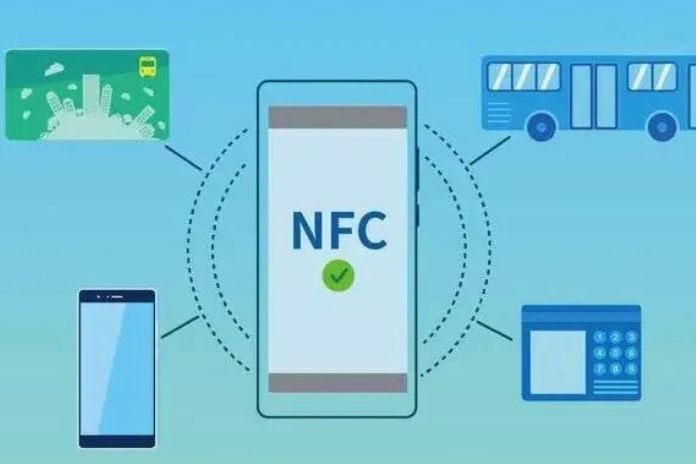How NFC Technology Works: Everything You Need To Know
NFC technology has now turned into an essential piece of our regular routines. Whether to make a contactless installment, divide records among cell phones, or even approve our vehicle tickets, NFC ( Close to Handle Correspondence) is all over the place and will generally turn out to be progressively well-known. In any case, how does this innovation work? What actual standards oversee its utilization, and what are its substantial applications? This article will address this multitude of inquiries.
Understanding The Basics Of NFC
NFC technology is founded on the standard of information trade between two electronic gadgets furnished with an NFC chip situated at a moderately brief distance (mainly under 4 cm). The collaboration is done thanks to the attractive field produced and inductive coupling, which permits a liquid and secure trade of data between the two gadgets without coordinating them first or utilizing a Web association.
The Physical Principle And Data Exchange
Communication between two devices equipped with an NFC chip uses an electric current. The magnetic coils integrated into each device create a low-energy flow, generating a magnetic field. The latter acts as a communication area in which data can be transmitted from one device to another.
The Different Ways Of Using NFC
The operation of NFC technology is based on three distinct modes:
- Reader mode: The terminal with an NFC chip (smartphone, tablet, etc.) reads the information in another passive NFC chip (tag, bank card, etc.).
- Emulator mode: The smartphone equipped with an NFC chip imitates the behavior of a passive chip (for example, during contactless payment with a bank card).
- Peer-to-peer mode: two smartphones equipped with an NFC chip exchange data with each other (file transfer, etc.).
Putting NFC Technology Into Practice
Smartphones And NFC Receivers
Most smartphones feature this technology, developed initially to facilitate contactless payment. Manufacturers integrate microchips or NFC antennas on the SIM card to carry out financial transactions without physically contacting the reader. Consequently, the user can pay for a transport ticket or purchase coffee by holding their phone close to the compatible payment terminal.
Contactless Payment
One of the primary uses of NFC is contactless payment. More and more bank cards now integrate this technology to allow customers to make quick and secure transactions without needing to enter their PIN or insert the card into a reader. Place the bank card above the payment terminal with an NFC receiver to complete this transaction.
Transferring Files Between Smartphones
In addition to contactless payment, NFC offers quick data transfer between two compatible smartphones. For example, it is possible to exchange photos, videos, or music simply by bringing the devices close to each other and authorizing the transfer via a push notification.
Other NFC Applications
NFC technology is not just limited to contactless payment and file sharing between smartphones. It is also present in a multitude of other areas:
- Secure access to buildings (badges equipped with an NFC chip).
- Validation of public transport tickets (Navigo card in Paris, for example).
- Quick connection to a Wi-Fi network (by scanning a QR code on the box or placing your smartphone next to it).
- Interactive advertising (NFC tags attached to posters, allowing you to download additional content or learn more about a product).
- Stock and inventory management (RFID chips integrating NFC technology).
Conclusion: A Technology With Promising Prospects
The scope of NFC is constantly expanding. Its ease of use, speed, and security means this technology is becoming a standard in several areas. In addition, the growing number of equipped devices de facto expands the possibilities for innovation for companies and individuals.
Read Also: Samsung Galaxy Z Fold5 Review, Software And Experience
Share this content:












Post Comment